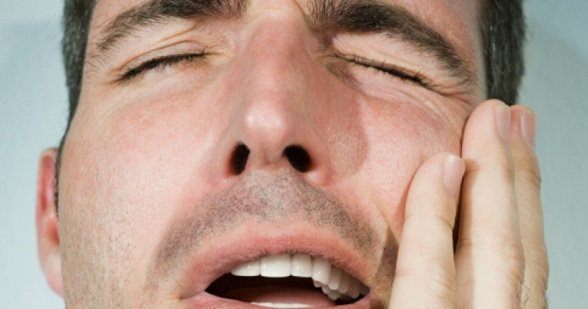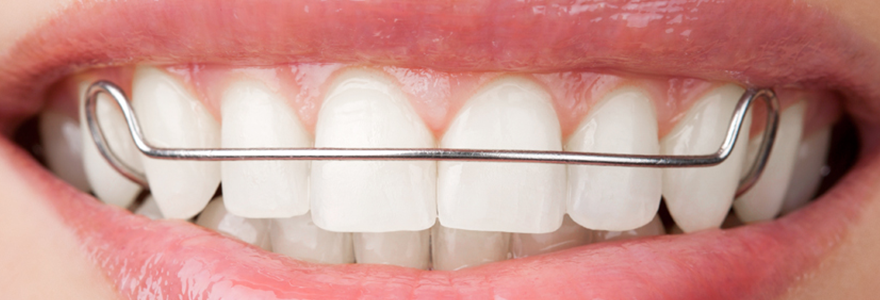Tips to Prevent Tooth and Mouth Injuries
Mouth and tooth injuries are quite common. Most of the dental injuries occur to the front teeth and lips, tongue, jaw, gums and inner cheek. In babies, injuries could occur due to falling while leaning to walk or playing. Sports are the main source of dental injuries for adolescents and adults.
It is seen that almost half of dental injuries are caused due to sports. Dental injuries can be very painful and it is important to be careful during sports or other activities.
Some tips to prevent sports-related dental injuries:
-
Mouth Guards – A mouth guard is the best way to protect your teeth while playing sports. It absorbs and minimizes the effect of any forceful impact.
-
Face cages – Some positions in certain sports are very susceptible to dental injuries like hockey goalie, baseball catcher etc. Wearing a face cage can protect against injury in such cases.
-
Helmets – It’s important to use helmets in sports which are prone to head injuries like in cricket as it protects the most important part of your body – your head.
Knocked out tooth
Whether the result of an accident or biting on a piece of food that’s too hard, mouth injuries can cause teeth to become cracked, broken, or knocked out/dislodged. It is very much possible to repair your knocked out tooth provided you get to your dentist as soon as possible. Teeth which are knocked out and replaced by the dentist within one hour have the best chances of being saved. Even if the tooth or teeth cannot be saved there are various cosmetic procedures to get back your smile such as a removable partial denture/bridge or a fixed partial denture or even a dental implant.
It is important to see a dentist because if left untreated, a dental emergency can lead to serious complications.
Ref:www.webmd.com
www.dentalhealthsite.com


